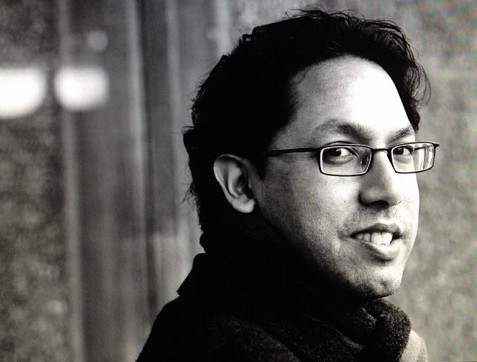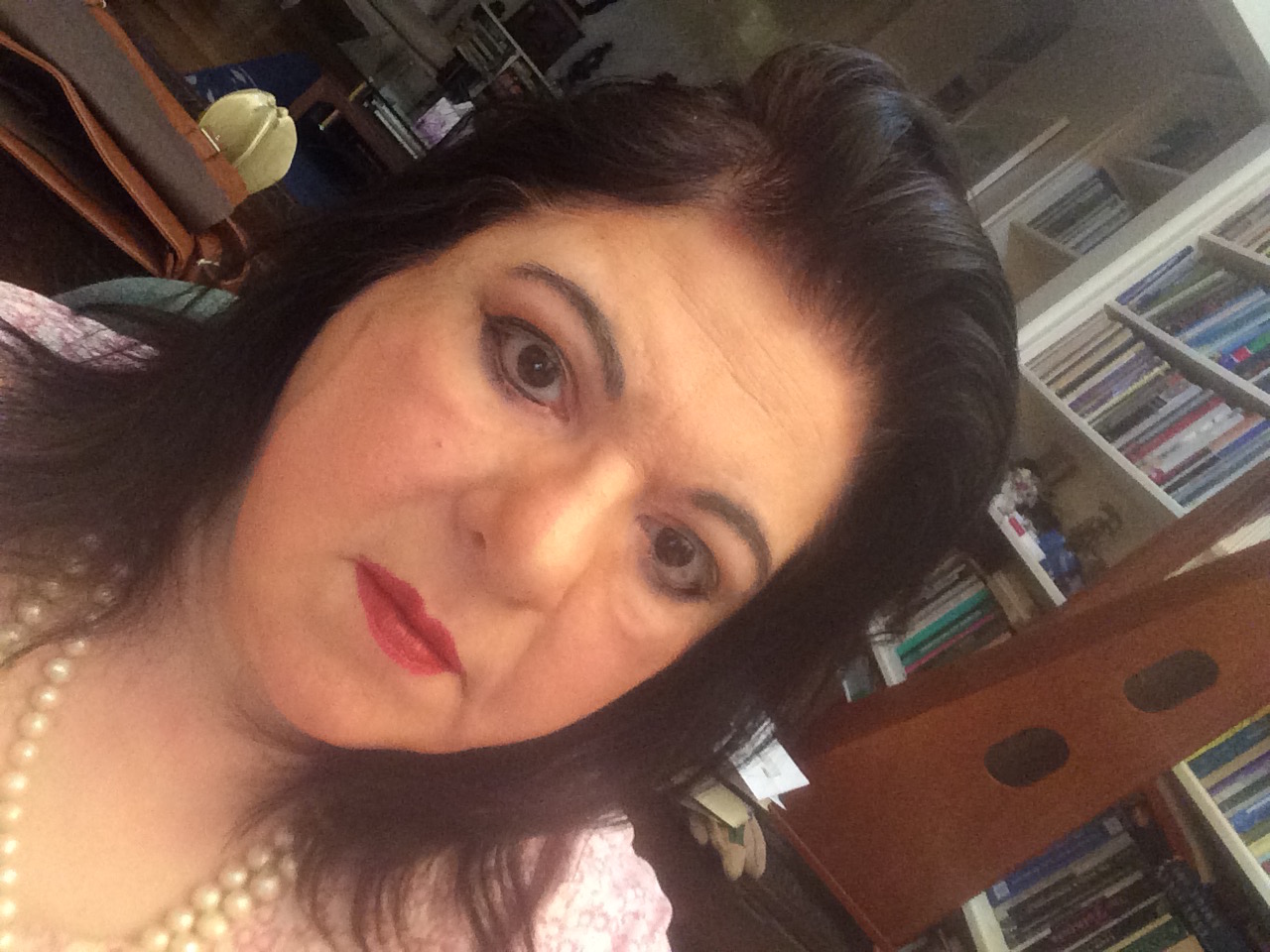Bitter Sweets is a wonderful debut story about love and the complexities of family deceit, stretching into three generations. Set in London on the 1980’s and 90’s it is an addictive read, the characters incredibly real and enticing. Shortlisted for the Orange Prize for News Writers, TAWP speaks to Roopa Farooki about the book which has really got everyone talking this year.
Roopa, what made you write this story?
Bitter Sweets is about the impact of deception on family relationships, and I’ve always been fascinated by the dynamics of truth-telling within families, a fascination which began from observing how my own extended Pakistani/Bangladeshi family behaved. Like my character Shona, I noticed at an early age that certain things were left unsaid and unexpressed by tacit agreement for the sake of maintaining familial harmony, as though not discussing them somehow made them acceptable.
I quickly learned that this moral fog used to cover up awkward or uncomfortable realities was something shared by most families; whether motivated by kindness or convenience, the immediate instinct for many of us is to comfort and conceal with a lie rather than to hurt and expose with the truth. I liked the universal nature of this instinct, and wanted to explore it further in my writing.
Where did the initial idea come from, and how did you develop that into a novel?
I knew that I wanted to tell a story about a family that uses deceit to hold their fragile family structure together across emotional, cultural and geographical divides, to the extent that deception and double lives becomes something of a family tradition, inherited from one generation and passed to the next.
In order to develop this into a novel, I first started working on the character of Henna, the unrepentantly manipulative thirteen year old who deceives her way into a brilliant marriage. Once I knew who Henna was, I was able to work out the sort of person she would marry, the sort of daughter she would have, and who that daughter would fall in love with, and what sort of children she would have in her turn. Once all the family characters had fallen into place, and I was able to start plotting in detail how their deceits would affect their relationships, bringing them together and forcing them apart.
Did you draw inspiration from real life, people you knew, met and worked with?
I think it’s impossible not to be inspired by real life and the people whom we meet, and my father’s wayward choice of lifestyle (he was a charming gambler, who found telling the truth rather dull, as though it somehow lacked imagination) certainly helped me to explore the theme of deception.
With regard to my characters, I didn’t want to depict anyone that I actually knew – instead the characters represent different aspects of myself, or the self that I would be if I were a scheming extrovert like Henna, or an unfulfilled romantic like Ricky-Rashid; like most authors, I have drawn heavily upon my own experiences of love and desire, despair and guilt, awkwardness and aspiration in creating them.
Which character did you have the most fun creating and why?
I really enjoyed creating Henna; extrovert and stylish, she is the opposite of what we might expect of a child-bride from a Bengali village sold into marriage – she is very much the mistress of her own fate, and there is something wickedly delightful in how self-serving and self-interested she is.
Which characters did you feel controlled you more than you controlled them?
When I initially plotted Bitter Sweets, the character of Parvez was nothing more than “Shona’s Pakistani husband”, but when I started writing, he was so appealing that he took on a life of his own, and became a true romantic hero, chivalrous, funny and uncompromisingly adoring.
Did you get attached to writing Bitter Sweets and did you feel satisfied once it was finished?
Writing Bitter Sweets was a pure pleasure for me, and I did feel satisfied when it was finished, especially with regard to resolving the tangled lives of my characters. I didn’t feel any sense of loss when it was completed, but was really happy to revisit it during the editing and publishing process; it was like meeting up with old friends.
Bitter Sweets has been described as both commercial and literary fiction. Is that the way you intended it to be?
To be honest, when I wrote Bitter Sweets, I didn’t have an editor or an agent, and wasn’t really thinking about its potential market – in the first instance I wrote it for myself, and wanted it to be the kind of book that I enjoy reading. That said, I have always wanted my writing to be accessible, but to have a serious emotional core.
Lastly, what have you got lined up for your next book?
I have already written my second novel, which is called Corner Shop. It’s a family drama with a focus on the symbiotic and awkward parent-child relationship, and is about the unexpected tragedy of fulfilling your dreams too early in life. It’ll be out next April, and I hope that the people who liked
Bitter Sweets will enjoy it.
TAWP Verdict: A fun and lighthearted story which quickly absorbs you into the story and the lives of a family plagued by lies. A pleasure to read from start to finish. An extract of Bitter Sweets can be found on the Pan Macmillan website here. The paperback version is published this month (August 2, 2007).
Roopa Farooki was born in Pakistan and brought up in London. She now lives in the South of France with her husband and her two sons. To find out more please visit http://www.roopafarooki.com

